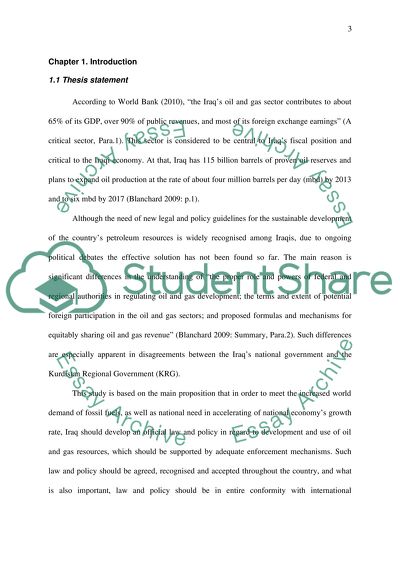Cite this document
(“Sustainable Development For Iraqi Oil And Gas Resources In the Light Dissertation”, n.d.)
Retrieved from https://studentshare.org/family-consumer-science/1413308-sustainable-development-for-iraqi-oil-and-gas-resources-in-the-light-of-international-law
Retrieved from https://studentshare.org/family-consumer-science/1413308-sustainable-development-for-iraqi-oil-and-gas-resources-in-the-light-of-international-law
(Sustainable Development For Iraqi Oil And Gas Resources In the Light Dissertation)
https://studentshare.org/family-consumer-science/1413308-sustainable-development-for-iraqi-oil-and-gas-resources-in-the-light-of-international-law.
https://studentshare.org/family-consumer-science/1413308-sustainable-development-for-iraqi-oil-and-gas-resources-in-the-light-of-international-law.
“Sustainable Development For Iraqi Oil And Gas Resources In the Light Dissertation”, n.d. https://studentshare.org/family-consumer-science/1413308-sustainable-development-for-iraqi-oil-and-gas-resources-in-the-light-of-international-law.


